
Overview of the Workshop. Photo: VGP/BP
On July 4, Democracy and Law Magazine organized a scientific workshop "Comments on the draft Law on Civil Judgment Enforcement (amended) in 2025".
Speaking at the opening of the workshop, Editor-in-Chief of Democracy and Law Magazine Truong The Con said that after more than a decade of implementation, the 2008 Law on Civil Judgment Enforcement has contributed to strengthening people's trust in the law, improving the effectiveness of state management and making important contributions to the cause of building a socialist rule-of-law state.
However, in the face of increasingly profound requirements for innovation and judicial reform; rapid socio -economic development, along with new challenges from international integration, digital transformation and the need to strengthen legal discipline, many new legal issues have been raised, requiring comprehensive amendments to the 2008 Law on Civil Judgment Enforcement.
In particular, this amendment has political and legal significance, aiming to institutionalize the policies of the Party and State, first of all, Resolution No. 27-NQ/TW dated November 9, 2022 of the 13th Party Central Committee on continuing to build and perfect the socialist rule-of-law state of Vietnam in the new period (Resolution No. 27-NQ/TW); Resolution No. 66-NQ/TW dated April 30, 2025 of the Politburo on innovating the work of building and enforcing laws to meet the country's development requirements in the new era.
In particular, it emphasizes the need to innovate the law-making process, the organizational model, and the operation of civil enforcement agencies, improve processes and procedures, improve the effectiveness of law enforcement, create favorable conditions, reduce the cost of law compliance for people and businesses, and protect human rights and civil rights. towards improving the effectiveness of law enforcement and protecting human rights and civil rights.
Therefore, in the spirit of innovation in law-making thinking, creating favorable conditions for people and businesses, the draft Law on Civil Judgment Enforcement (draft Law) is built in the direction of: Perfecting the mechanism to shorten the time, reduce costs and procedures for judgment enforcement; promoting digital transformation and application of information technology; strengthening the mechanism of controlling power, preventing negativity; promoting the socialization of some judgment enforcement activities.
At the Workshop, delegates focused on exchanging and discussing two main groups of topics: Group of issues related to amending procedures and processes towards shortening time, minimizing costs, improving quality and efficiency of civil judgment enforcement and the issue of socializing civil judgment enforcement activities.
The representative of the Civil Judgment Enforcement Management Department said that, in order to implement the requirements and tasks of perfecting the mechanism to improve the quality and effectiveness of civil judgment enforcement in the direction of shortening the time and minimizing costs according to Resolution No. 27-NQ/TW; at the same time, in order to overcome the shortcomings, limitations, obstacles and inadequacies from the practice of civil judgment enforcement, the draft Law focuses on amending and supplementing the regulations on the order and procedures for civil judgment enforcement.
Regarding the issue of socialization of civil judgment enforcement activities, Chapter III of the draft Law stipulates about Civil Judgment Enforcement Officers and Civil Judgment Enforcement Offices.
At the June 2025 Law-making Session, the Government agreed with the proposal of the Ministry of Justice to change the name of the Bailiff Office to the Civil Judgment Enforcement Office and the Bailiff to the Bailiff to be consistent with the scope and nature of the organization's activities, ensuring effective implementation of the policy of socializing civil judgment enforcement work and in accordance with the provisions of Article 7 of the Law on Promulgation of Current Legal Documents;
At the same time, it is necessary to expand the participation of the private sector on a conditional basis to institutionalize Resolution No. 27-NQ/TW and Resolution 68-NQ/TW dated May 4, 2025 of the Politburo on private economic development.
In addition, the Government requested the Ministry of Justice to conduct research to clearly define the responsibilities of the Civil Judgment Enforcement Office and Enforcement Officers, ensuring effective implementation of the policy of socializing civil judgment enforcement work; fully stipulate the conditions and mechanisms for inspection and supervision of civil judgment enforcement activities carried out by the Civil Judgment Enforcement Office and Enforcement Officers, ensuring that the enforcement of judgments by these organizations complies with the provisions of law, protecting the rights and legitimate interests of individuals and organizations, and preventing and combating corruption and negativity in the process of civil judgment enforcement.
The majority of delegates agreed with the provisions in the draft Law in the direction of shortening the time and minimizing costs in the order and procedures for civil judgment enforcement; strongly socializing the work of civil judgment enforcement by changing the name of the Bailiff Office to the Civil Judgment Enforcement Office and the Bailiff to the Bailiff to be consistent with the scope and nature of the activities of this organization in the draft Law, expanding the participation of the private sector on a conditional basis.
Some opinions also proposed to consider changing the name of the Bailiff Office to the Civil Judgment Enforcement Office because this Office also performs a number of other tasks (such as drawing up minutes); many delegates were concerned and suggested to carefully study the regulations on the authority of bailiffs (bailiffs) because they belong to the private sector (not civil servants or state employees), so it is necessary to pay attention to the regulations on responsibility to avoid abuse of power.
Bich Phuong
Source: https://baochinhphu.vn/xay-dung-luat-thi-hanh-an-dan-su-sua-doi-don-gian-hoa-thu-tuc-day-manh-chuyen-doi-so-102250704172431802.htm






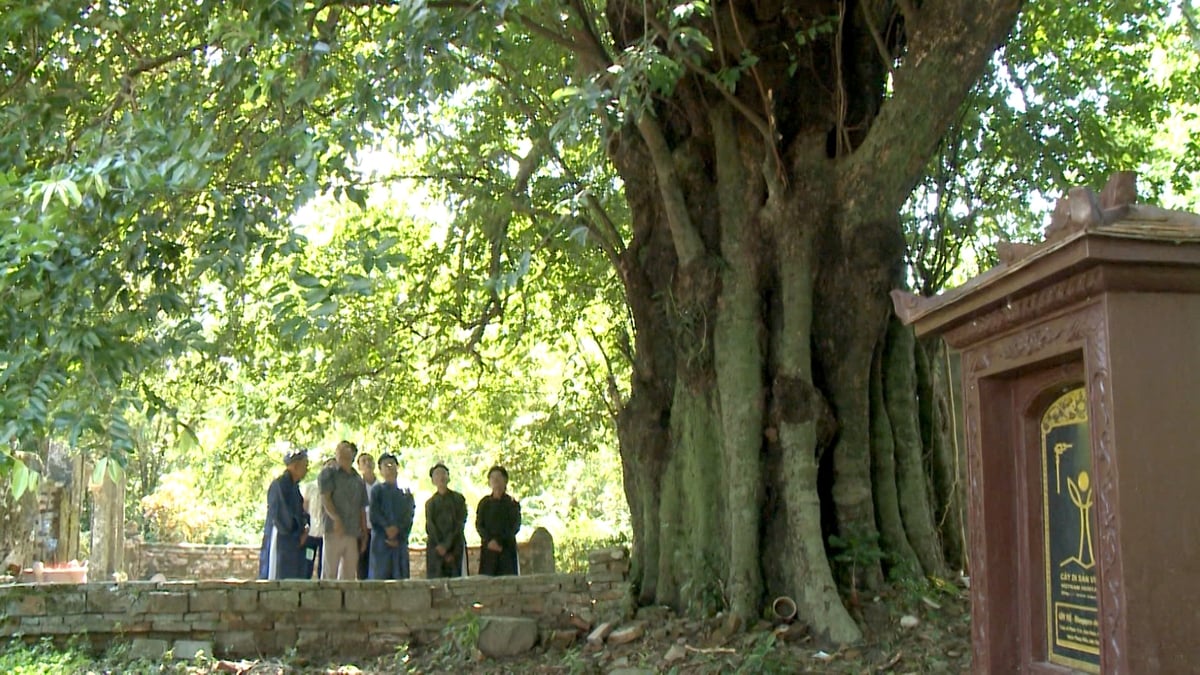

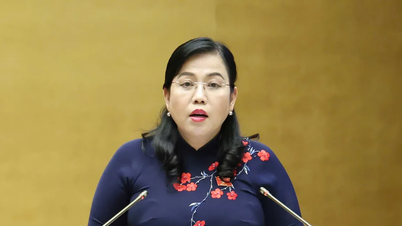

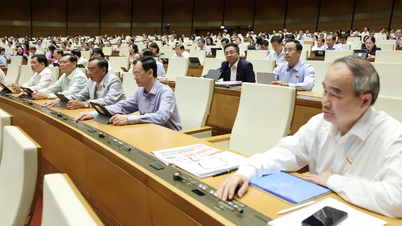
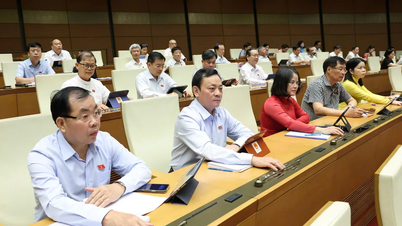
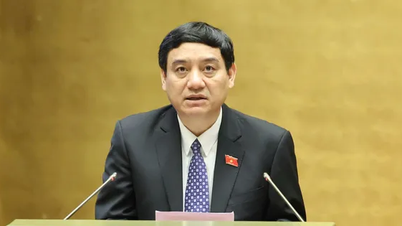


































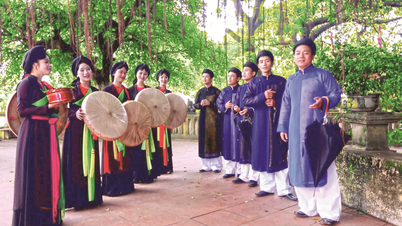







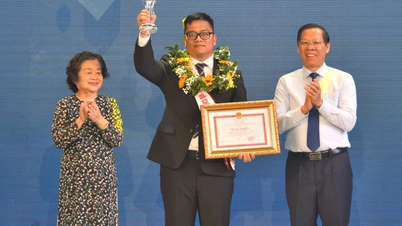




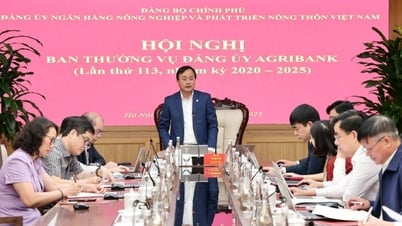



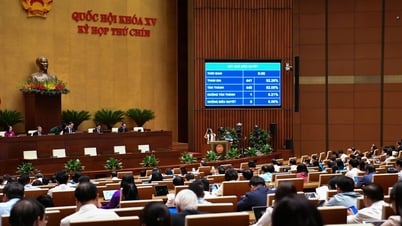



























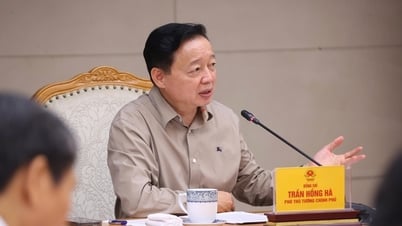
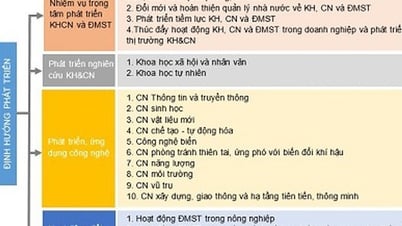









Comment (0)